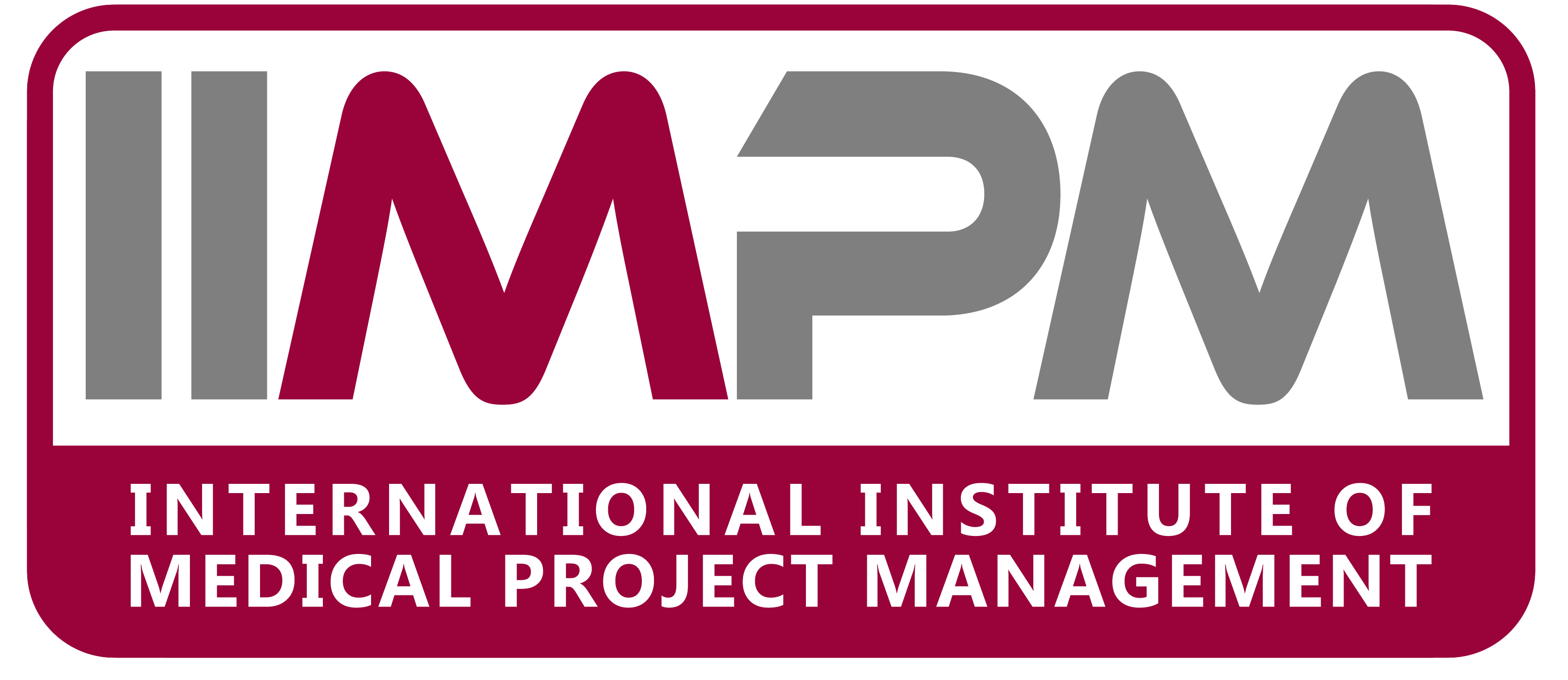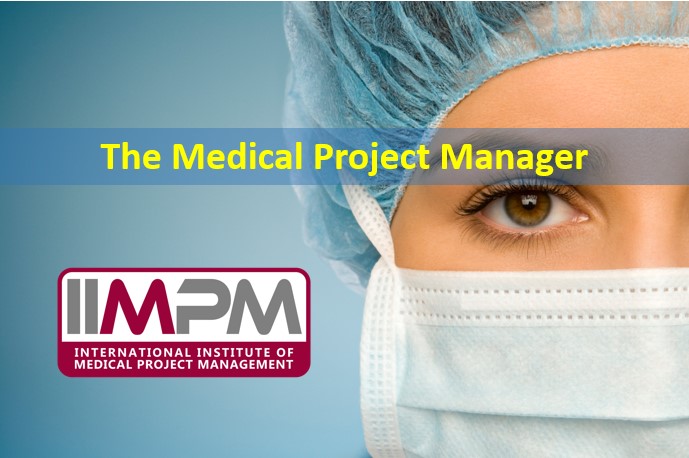No doubt, depending on your background and experience, you will be thinking about large hospital and health service constructions, the roll-out of ICT and e-Health solutions or the deployment of modern High-Tech Hospital equipment. Certainly, Project Managers in the Health and Medical fields are key in managing these projects.
But at the International Institute of Medical Project Management (IIMPM) we like to think a lot broader than that.
Indeed, if we want to make a real difference for improving HealthCare in all countries in the foreseeable future we have to think much broader. To all aspects of the HealthCare system – including population and community health projects, environmental health projects, personal-health wearable devices and the Internet of Things. And that’s just a starting list.
In the broad sense, a medical project manager applies project management principles and practices to enhance the delivery of health and medical services – whatever they may be and in whichever part of our very diverse Globe they are needed. We believe that it’s time to think creatively about the challenges in HealthCare Project Management.
At the IIMPM we have a Vision for skilled people to become globally recognised medical project managers and to make a significant and unique, indeed the best possible, contribution to the health of individuals and populations in all countries.
We agree that’s it’s a very broad remit.
A ‘Medical Project Practitioner’ (MPP) certification from the ‘IIMPM’ recognises that a person has the training and background to lead health and medical projects by understanding the knowledge areas of traditional project management, and by having a good understanding and focus on the challenging health and medical issues in the 21st Century.
Any medical or health practitioner running a medical program or project can be a medical project manager, however there is now a greater need to take a stronger project management approach to most of what we do in health care. This has come from the global market demand for the implementation of transforming technologies, the management of the cost of medical services, and the need to find further efficiencies in planning and delivering quality medical services so we can ensure health improvements for all people.
As we move to greater specialisation in medical treatment there is also a shift from physicians managing and progressing all healthcare work to a model where the role of the health team is key, as is the related understanding of communication, documentation, service scope and risk.
Population-based health organisations are needing to improve their processes to stay competitive and to focus on balancing human resources, organisational resources and technology use. Process improvement comes from understanding all of the knowledge areas that are being applied and where beneficial changes can be made.
One of the key roles of the MPM is to lead the team through the project process, while team members may have a focus on the health or medical issues at hand. The need in complex projects has seen a significant demand for highly skilled non-medical project managers in key medical project roles. The key reasons for this include:
- Non-clinical medical project managers are less costly than their medical counterparts;
- They are used to planning and delivering projects across the 10 functions and are trained in how to focus and manage each;
- They are not focused on the medical tasks per se, and concentrate more on the process, including communications and stakeholder management;
- They are more versed in project management systems, structures and software; and
- They will not get consumed in the medical detail, as they cannot take on the medical tasks. They rely on others bringing that content expertise to the project table.
In summary, a Medical Project Manager is someone who applies project management principles and practices to enhance the delivery of health and medical services. They apply these skills to a very diverse range of individual and population-based HealthCare projects. They understand the knowledge areas, methods and processes in Project Management, are well-grounded in the challenges facing HealthCare across the Globe and understand the significance of working together both technically and culturally to deliver on Complex projects.
The picture at the head of this article suggests some roles for MPM’s. I am sure that these are just a few of the key roles for quality MPM’s in the 21st Century. No doubt you can add a lot more to the list.


Recent Comments